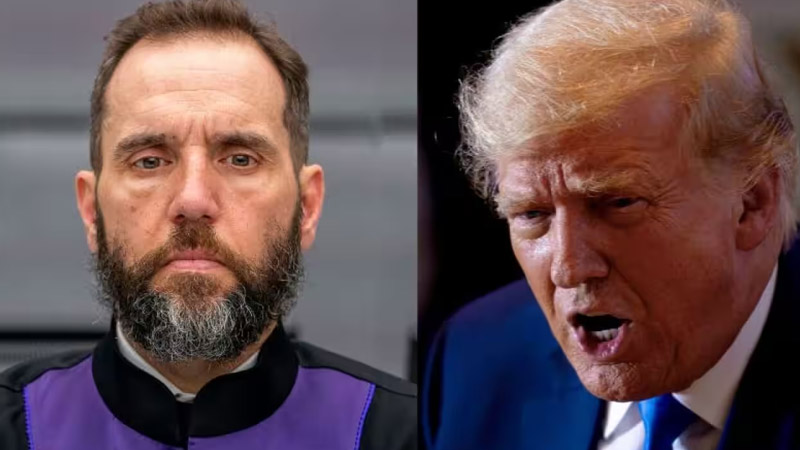In a recent op-ed published in The Guardian, columnist Sidney Blumenthal provides insight into the indictment of former President Donald Trump by special counsel Jack Smith under the Ku Klux Klan Acts of 1870 and 1871, which are rooted in the 14th Amendment, Section 3 of the Constitution. Blumenthal underscores the clear and compelling reasons behind this indictment, which are meticulously outlined in the legal documents and court rulings.
Blumenthal explains the historical context of the Ku Klux Klan Act, originally passed by Congress to combat domestic terrorism perpetrated by the Ku Klux Klan. It criminalized the use of “force, bribery, threats, intimidation, or other unlawful means” to obstruct any citizen’s right to vote.
According to Blumenthal, the charges brought against Trump align with the same legal grounds on which Klansmen were prosecuted not only during the Reconstruction era but also during the civil rights movement of the 1960s. This indictment resulted in Trump’s removal from the ballot, echoing the removal of Confederate traitors from elective office.
Blumenthal underscores that the Trump trials have placed the Civil War and the amendments of the Reconstruction era, often referred to as “the results of the war” by U.S. President Ulysses S. Grant, back into the spotlight. He emphasizes that Trump’s indictment under Section 241 of the Ku Klux Klan Act serves as a test of the federal government’s commitment to safeguarding fundamental voting rights and defending the Constitution, warning of potential chaos if these principles are not upheld.
Furthermore, Blumenthal highlights the significance of Trump’s indictment under Section 241 of the Ku Klux Klan Act, a provision that has received broad interpretation by the Supreme Court. This indictment does not limit itself to Trump’s involvement in the events of the January 6 U.S. Capitol riot but encompasses his activities throughout conspiring to stage a coup, spanning from after the election to his departure from office on January 20, 2023.
Blumenthal emphasizes:
The 14th Amendment, section 3, provides a disqualification for insurrectionists. It was a self-executing document, just as was the 13th Amendment abolishing slavery. Congress enacted a series of enforcement acts – the First and Second Reconstruction Acts, and the First Civil Rights Act. As President Grant and Congress stated in the crisis over Georgia in 1869, the only means to remove the ‘disability’ of disqualification was by an act of Congress as stipulated in section 3 – an amnesty. The very existence of a remedy providing for the removal of the disqualification implies that the law is self-executing, as Grant and Congress understood.



